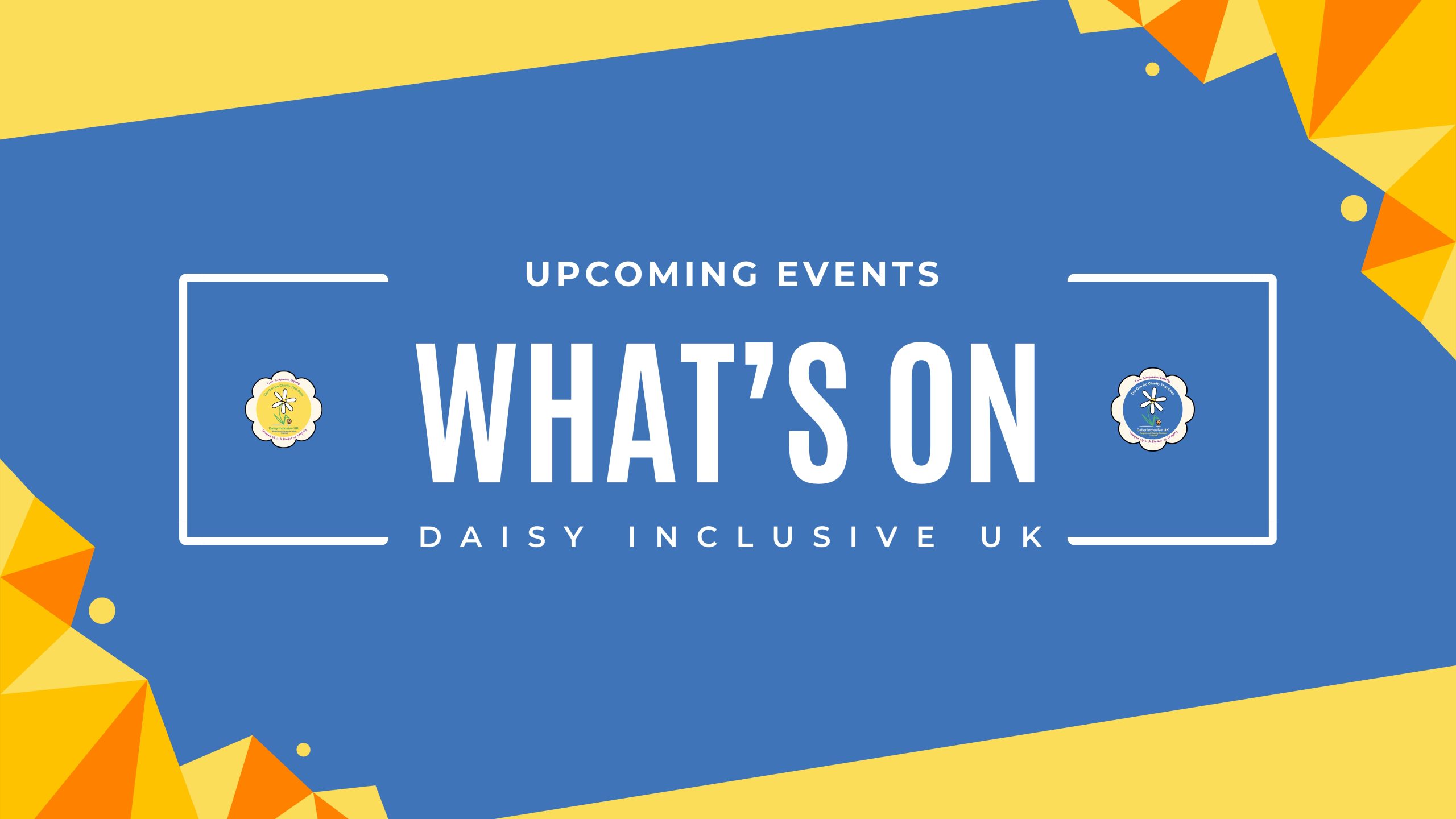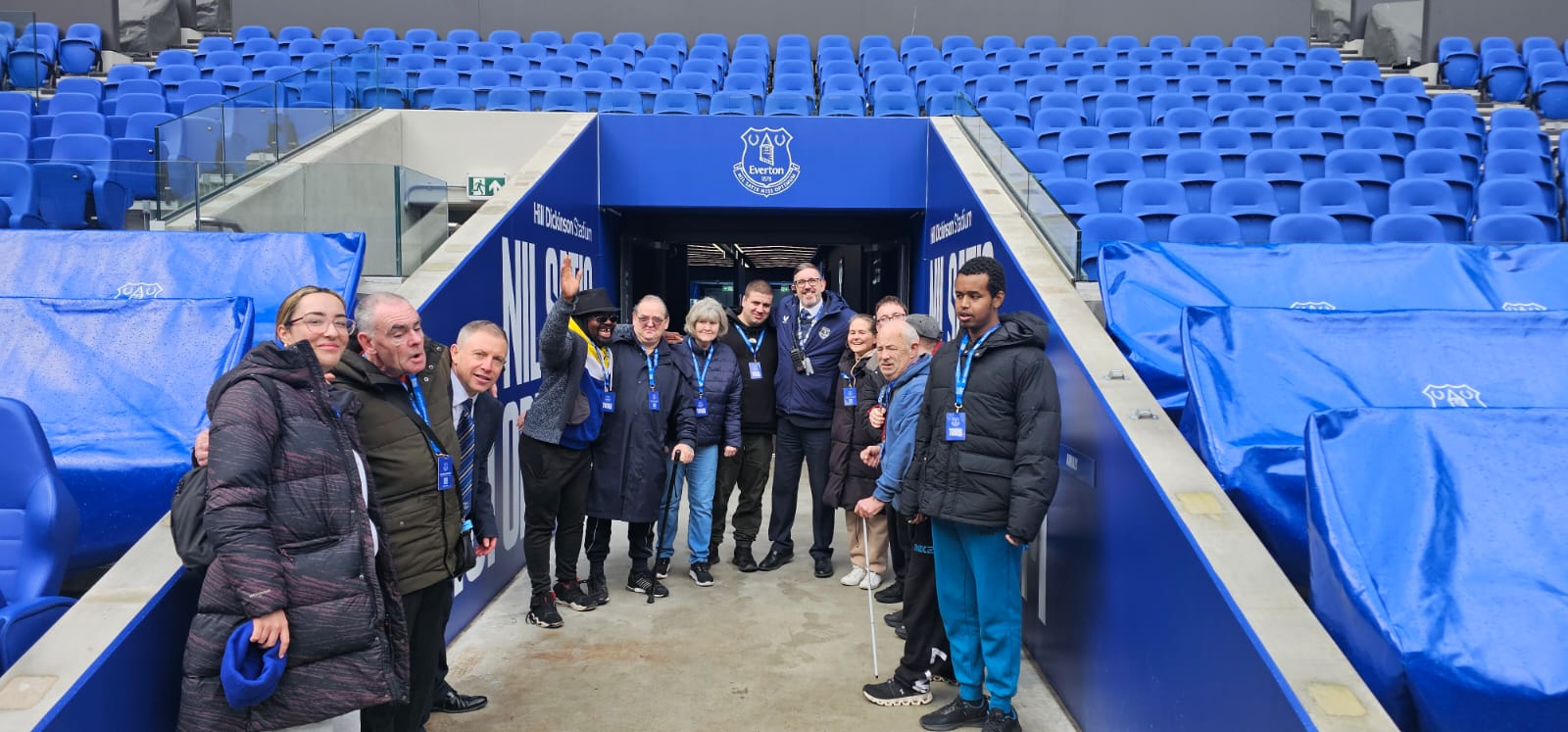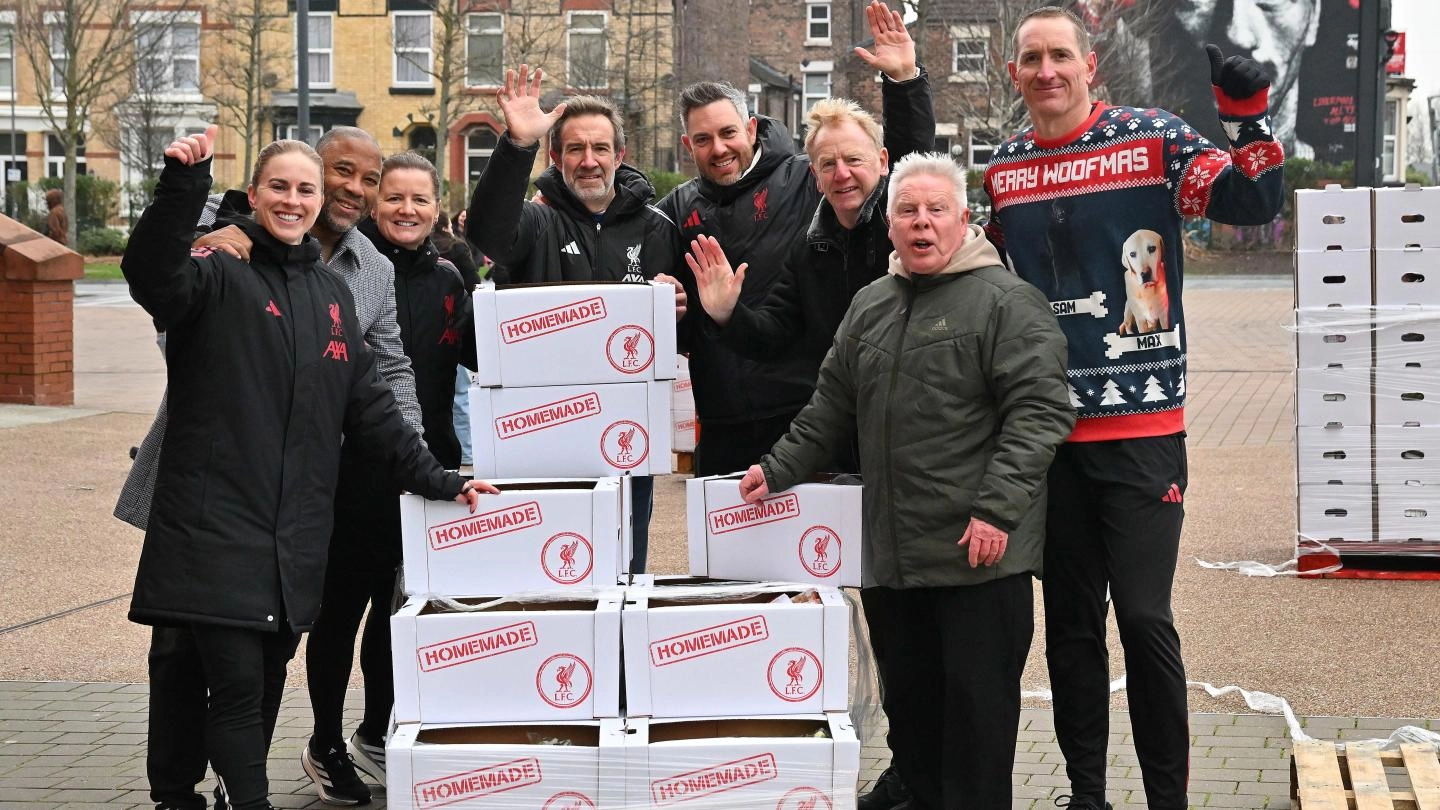Valentine’s Day is a time when love and intimacy are celebrated by many people across the world. Yet, the challenges faced by people with disabilities are not often recognised.
In particular, people with disabilities face discrimination and obstacles when seeking love, affection and sexual fulfilment.
Daisy Inclusive UK CEO Dave Kelly pens his thoughts on finding love as a person with a disability and the work that the organisation is doing in order to educate beneficiaries about forging relationships.
Dave Kelly
People have asked me over the years about relationships and about love involving people with disabilities. When I went blind at the age of 30, I was married and things unravelled quickly. I was home alone, and I was sad – probably sadder about my marriage than going blind at times.
I learnt quickly that you can still find love as a person with a disability. Sometimes you can meet a person and there is a bit of a spark. I met my now wife 22 years ago – you could say it was love at first sight!
Love is when you know that person is for you, love is being there for someone, love is helping someone through adversity, love is when you help someone through sickness, and love is when you have children and love them equally.
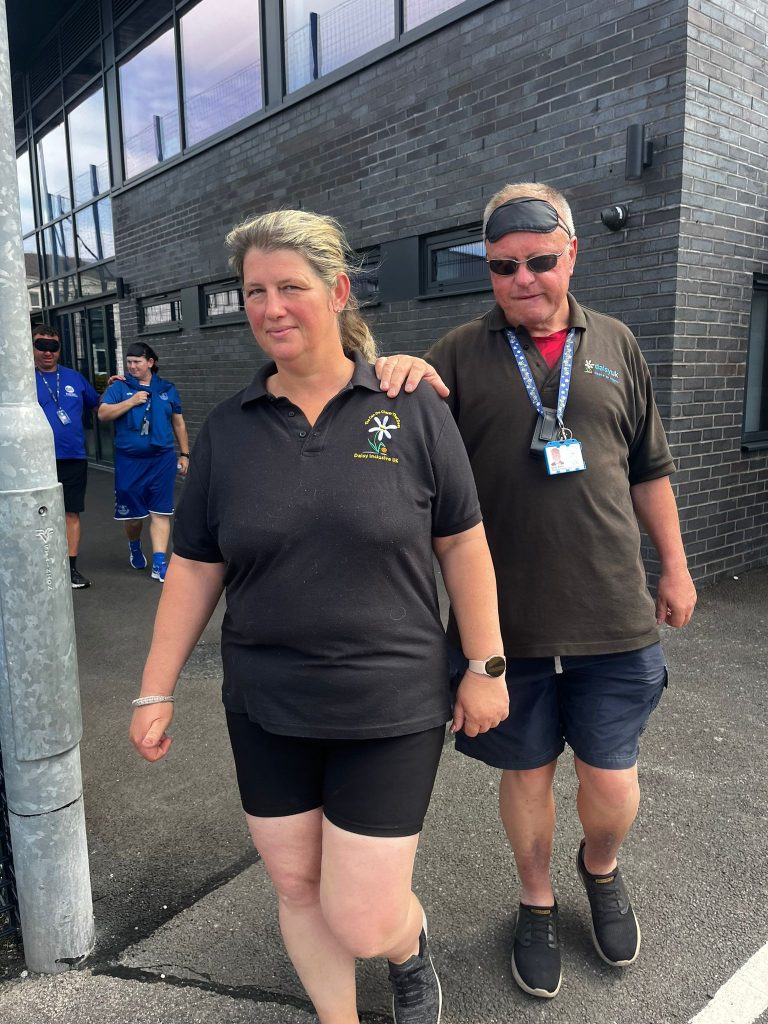
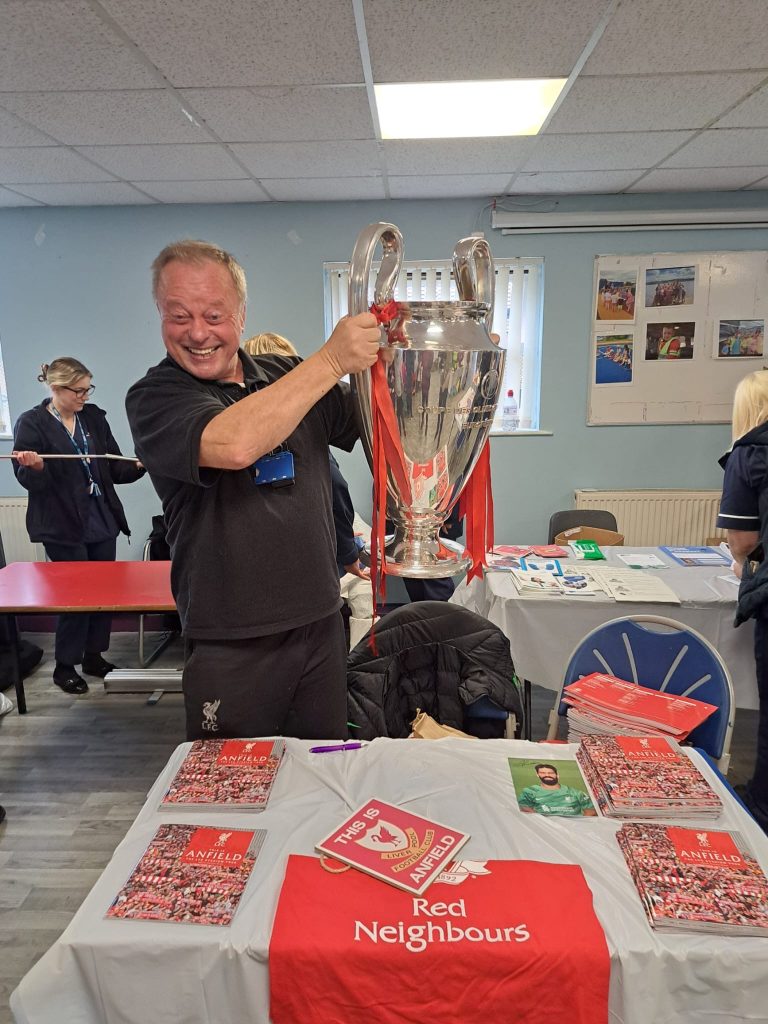
In reality, if you find that, then you’re doing amazing. I found it and I’m one of the lucky ones. I know that some people aren’t as fortunate as me, who are perhaps from broken families, but what you can do is believe in yourself. Through disability and disappointment comes a lack of self-esteem.
I’m living proof that you can find love with a disability. I’ve found the loveliest person I could ever imagine, being in a relationship with Eva.
I’ve never seen my wife – I’ve never seen her. It doesn’t matter though. She’s beautiful and kind and I couldn’t be happier. If you feel like you’re not fortunate to have that in your life, don’t fret and don’t beat yourself over the head. Love can find you, but it won’t happen if you’re stuck in the house isolated. You’ve got to make the effort to get out and forge new friendships.
I know we have the internet now, but if you’re blind like me or have a disability, it’s hard to use a computer or a mobile phone. In reality, you’ve got to be really honest about who you are and what type of a relationship you’re after.
Everyone can find love. As the band U2 said, a lot of us still haven’t found what we’re looking for but believe in yourself as it can happen. We have people in Daisy that I know are amazing people.
The majority of them would love to be in a relationship. There are one or two relationships that go on in Daisy when a beneficiary meets a beneficiary. They might hold hands and some of our beneficiaries have even got engaged. It’s easy for people to say, ‘that’s silly, you’ll never get engaged.’ But why not? It’s our human right to fall in love.
Here at Daisy, we make sure that when beneficiaries forge relationships, they receive the right support and that includes safeguarding which is paramount. Wouldn’t it be terrible if someone stopped you from holding hands because you’re disabled. It has been said that 50% of marriages fail, so let’s not be judgemental.
Back in 2012, Channel 4 aired the Undateables, a show which matched people with disabilities with one another. It’s a terrible title, but it’s a great title at the same time because it has got us talking about it. Channel 4, well done for that. They want to see the hardest to reach souls, so it looks good for TV.
We talk about relationships in Daisy, and we have professionals come in to talk to our beneficiaries and staff about health, wellbeing and sexual health. We had someone come in a few weeks ago to talk about sexual health, which was educated to a level that our beneficiaries could understand.
We dare to do these things and there hasn’t been any complaints from the parents – this is real. Lisa, who organised it, is amazing and she thinks outside the box like me. People need to know about looking after themselves and keeping safe. People also need to know how to forge a relationship and not put yourself into any danger, knowing that the word ‘no’ means ‘no.’


